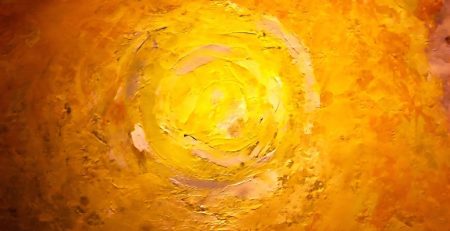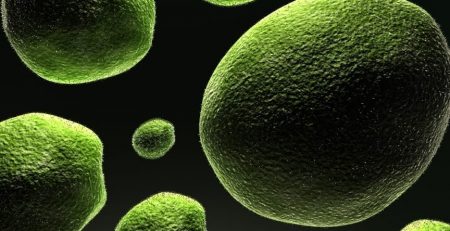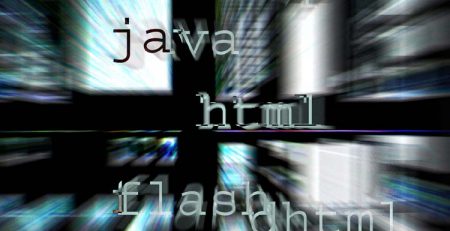Placebo “medication” may still be able to relieve pain
A study coducted by researchers at CU-Boulder and the University of Maryland Baltimore recently discovered the placebo effect – a well known phenomeona that demonstrates the complex nature of the brain and its openness to suggestion – may continue to work on patients even after they are informed that the treatment they are receiving has no medical value whatsoever. The trick is, paitients need time and positive reinforcement to believe the treatment is effective. In the case of the study recently published in the peer-reviewed The Journal of Pain, that amount of time is four sessions.
“My general interests are specifically in how we learn to predict the environment around us,” said CU-Boulder graduate student Scott Schafer. “Digging into how placebos occur and when and why they arise is really interesting.”
Schaffer and study co-author Luana Colloca of the University of Maryland Baltimore applied ceramic heating elements which reached 117.5 degrees Farenheit to study participants forearms. These elements caused a strong, painful sensation, but did not burn their skin. Schaffer then applied a mix of vaseline and blue food coloring to the affected area, while simultaneously turning down the temperatures (without the participants knowledge). The mixture was packaged in an official looking container and participants were asked a variety of medial questions before participating.
“They believed the treatment was effective in relieving pain,” Schafer said. “After this process, they had acquired the placebo effect. We tested them with and without the treatment on medium intensity. They reported less pain with the placebo.”
Schaffer believes this research can benefit those prescribed highly addictive painkillers post-surgery, or can be used to develop drug addiction treatments. While he was directed toward examining the placebo effect by his advisor (and senior author of the paper), Tor Wagner, Schaffer believes that the brains role in this placebo effect study warrants much deeper exploration.














